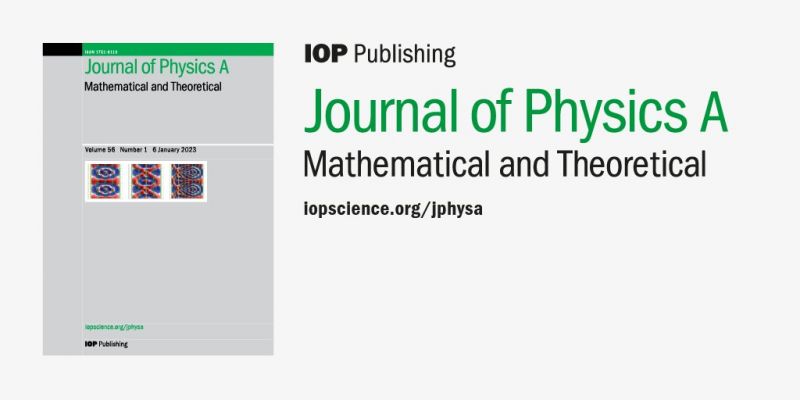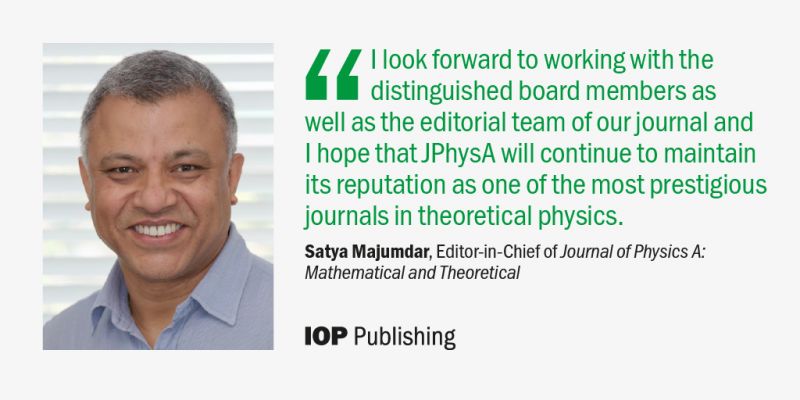
Welcome!
My name is Zach, and I’m a sixth-year physics Ph.D. student at the University of Connecticut. I graduated from Rensselaer Polytechnic Institute (RPI) in Troy, NY in 2018 with a B.S. and M.S. in physics. I’m currently pursuing research in theoretical physics with Gerald Dunne. Specifically, I’m interested in studying perturbative expansions in quantum field theory and their connection to non-perturbative physics through Écalle’s theory of resurgence.
This website will serve as a collection of my personally worked-out textbook solutions I’ve compiled over the years, as well as book recommendations, my research and teaching experiences, and other things that I enjoy.
Graduate school is a challenging environment. So for anyone who comes across this site, I hope that these resources can help you in much the same way that I benefited from the material of those who came before me. In this way, I hope that we can continuously improve the graduate experience for years to come.
Contact Me
| E-mail: | zachary.harris@uconn.edu |
|---|---|
| Address: | Department of Physics Storrs, CT 06269 |
Congratulations to all recipients of our Outstanding Reviewer Awards! 🎉Your commitment, timeliness, quality, & quantity of reports is celebrated across our journals. Let's celebrate all #PeerReview contributions that uphold #ResearchIntegrity
Discover 👉 https://ow.ly/wTlo50VkHn1
Calling all theoretical physicists, mathematicians, and complex system theorists!
Submit your groundbreaking work on Dirac equations and topological signals to our latest Focus Collection https://ow.ly/nC7y50Vlj7I
🌟 Together, we're breaking down barriers in scholarly publishing! Discover how double anonymous #PeerReview, and transparent #PeerReview are paving the way for a more inclusive and fair publication process.🌍✨ https://ow.ly/ORPV50V8iOr
We are delighted to introduce Satya Majumdar as the new Editor-in-Chief of JPhys A!
His expertise in statistical physics will undoubtedly enhance the quality and interest of our journal.
Welcome aboard! 🎊
https://ow.ly/u17R50V5cvJ

